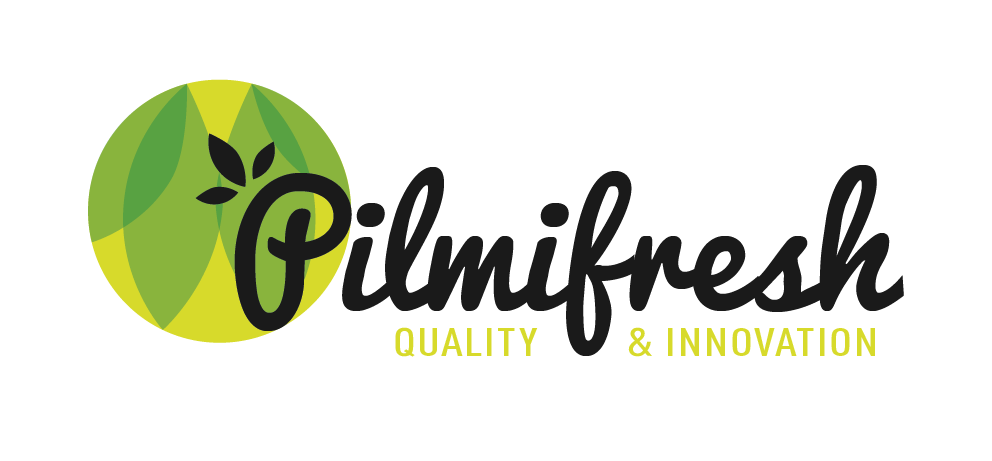The choice between dried fruits and fresh fruits has been a topic of debate in the world of food and health. Both options have their advantages and disadvantages, and the decision of which one to choose depends on various factors such as taste, convenience, nutritional content, and the specific use it will have. In this article, we will analyze the key differences between dried fruits and fresh fruits, exploring their benefits and disadvantages to help you make an informed decision.
What are Dried Fruits?
Dried fruits are those that have undergone a process to remove their water content, either through air drying, sun drying, using a dehydrator, or even in a low-temperature oven. This process preserves the essential nutrients of the fruit but reduces its size and weight, making it easier to store and transport. Additionally, dried fruits have a much longer shelf life than fresh fruits, making them a popular choice for those looking for a quick snack or a healthy alternative when fresh fruits are not available.
Advantages of Dried Fruits:
- Long Shelf Life: One of the main advantages of dried fruits is their extended shelf life. By removing the water content from the fruit, the growth of microorganisms is prevented, which means they can be stored for months or even years without losing quality.
- Convenience: Dried fruits are easy to carry and store. They are perfect for travel, the gym, or as a quick snack when you’re on the go.
- Higher Nutrient Concentration: In general, dried fruits have a higher concentration of nutrients by weight. This means that by consuming them, you get a larger amount of vitamins and minerals than you would from fresh fruits, although it’s important to note that the dehydration process can reduce some heat-sensitive nutrients like vitamin C.
Disadvantages of Dried Fruits:
- Loss of Texture: By removing the water, dried fruits lose their crunchy and juicy texture, which may make them less satisfying to eat, especially if you prefer the freshness of fruit.
- Higher Sugar Content: The dehydration process can concentrate the sugar in the fruit, meaning that dried fruits may contain more sugar per serving than fresh fruits. This is something to consider if you are watching your sugar intake.
- Possible Addition of Preservatives: Some dried fruits, especially those sold in large quantities in commercial stores, may contain preservatives and added sugar to enhance their flavor and shelf life. Therefore, it’s always recommended to read the labels before purchasing them.
What are Fresh Fruits?
Fresh fruits are those that have not undergone any preservation process that alters their original structure. These are fruits that are harvested, washed, and sold as they are, without any added ingredients or treatments. Fresh fruits are known for their natural taste, juicy texture, and high water content.
Advantages of Fresh Fruits:
- Flavor and Texture: Fresh fruits are the ideal option if you’re looking to enjoy a natural taste and texture. Their freshness and juiciness make them irresistible for those who prefer a full sensory experience when eating them.
- Lower Calorie and Sugar Content: Fresh fruits have a lower calorie and sugar content compared to dried fruits. This is due to their high water content, making them an excellent option for those looking to maintain a balanced diet.
- Rich in Fiber: Because they are fresh and have not gone through dehydration processes, fresh fruits retain their fiber content, which is crucial for digestion and gut health.
Disadvantages of Fresh Fruits:
- Short Shelf Life: Fresh fruits have a much shorter shelf life than dried fruits. Once harvested, they begin to deteriorate quickly, which can lead to waste if they are not consumed on time.
- Dependence on Seasonality: Fresh fruits are often seasonal and may not be available throughout the year depending on the region and climate. This can make some fruits difficult to find outside their season.
- Require More Maintenance: Fresh fruits need to be properly stored, which may involve refrigeration or specific space in the pantry. They also need to be washed and sometimes peeled before consumption.
Nutritional Comparison: Which One is Healthier?
Both options, dried and fresh fruits, have their own nutritional benefits. However, comparing their nutritional contents depends on several factors, including the type of fruit, the dehydration process, and how they are stored.
Fresh Fruits
Fresh fruits are an excellent source of vitamins, minerals, and water. Many of them, such as strawberries, oranges, and apples, contain a large amount of vitamin C, an antioxidant that helps strengthen the immune system and skin. Additionally, fresh fruits have a lower sugar content per serving, making them a healthy choice for those looking to maintain a balanced diet.
Dried Fruits
While dried fruits retain many of their nutritional properties, such as vitamins and minerals, the dehydration process can reduce the amount of some nutrients, especially vitamin C. Additionally, since dried fruits are more concentrated, they may contain more calories and sugar per serving, which should be considered, especially if you are monitoring your calorie intake.
Which is the Best Option for You?
The choice between dried fruits and fresh fruits depends on your needs and lifestyle. If you’re looking for convenience and a longer shelf life, dried fruits are an excellent option. They are perfect for quick snacks, adding to smoothies, or as part of a trail mix.
If you prefer to enjoy fruits with a juicy, fresh texture, fresh fruits are the better option. They are ideal for consuming in salads, desserts, or simply as a healthy snack.
At Pilmifresh, we specialize in providing the highest quality fruit concentrates, juices, and purees. Whether you prefer fresh products or concentrates, we have options that suit your needs.
If you’re interested in exploring our options, feel free to visit our website and discover more about what we offer.

